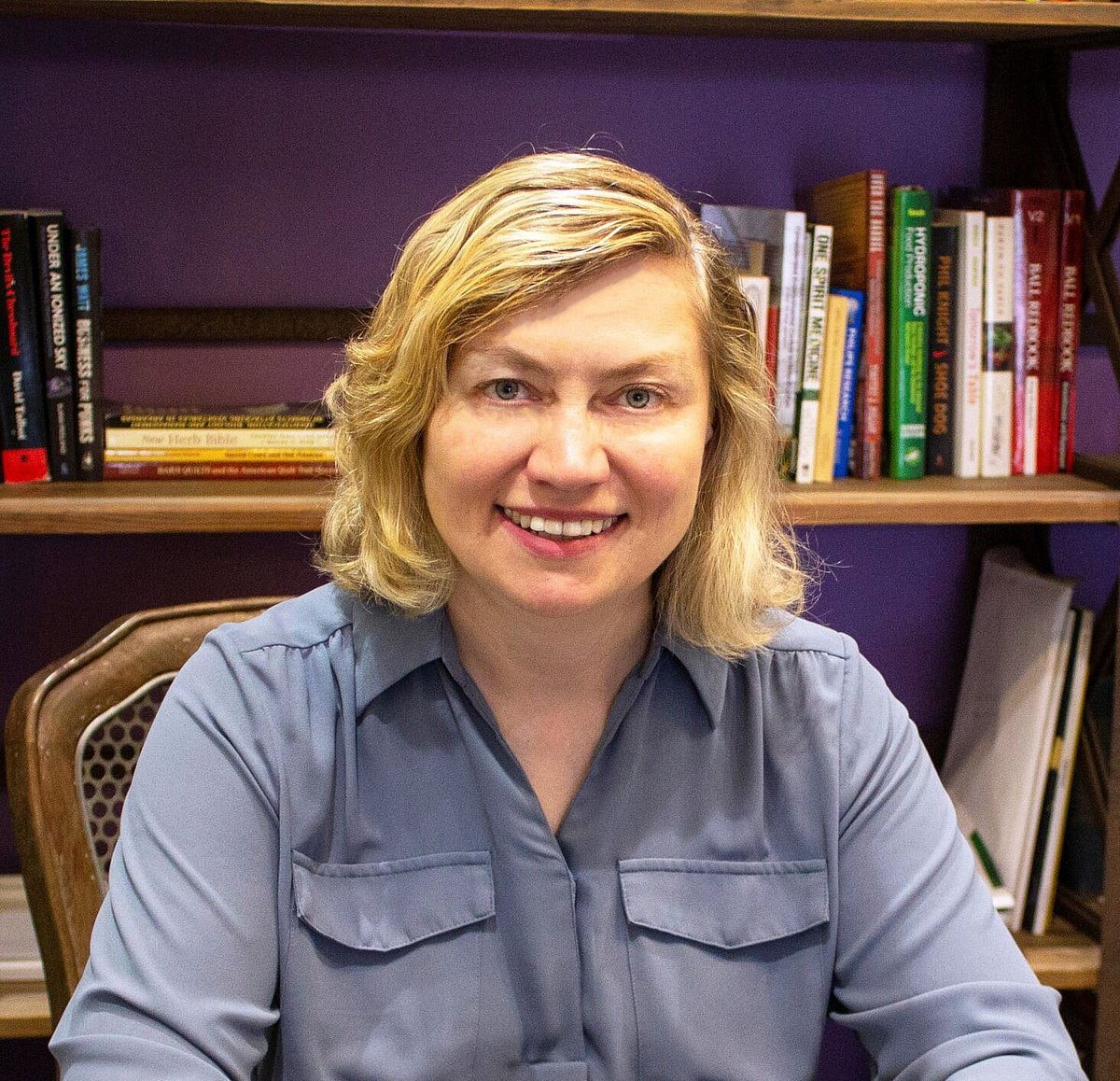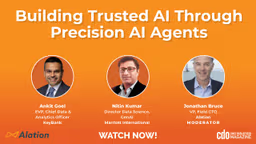Digital Transformation
Infinite Acres, Vice President, Data Sciences: Vertical Farming is the Marriage of Agriculture and Technology
Written by: CDO Magazine Bureau
Updated 12:55 PM UTC, Thu September 21, 2023


(US and Canada) Natalia Connolly, Vice President, Data Sciences, Infinite Acres, speaks with Mark Johnson, Regional VP-Fusion Alliance and Editorial Board Chair, CDO Magazine, about the application of data-backed monitoring and other technology in controlled vertical farming.
Infinite Acres is a U.S.-based vertical farming company that grows food indoors via efficient use of space, and produces significantly more food in controlled environments than traditional farms. The farms are environment friendly, use less water, are energy efficient, and can be established near human settlements.
The food is grown in vertical stacks that are closely monitored using sensors and other technology to ensure ideal growing conditions.
“Vertical farming is this ideal marriage of agriculture and technology. Our company employs a number of specialists who have a profound understanding of what it takes to grow a particular crop, what type of environment would produce a perfect harvest, and how to adjust that environment to steer in that direction. There’s also a lot of cutting-edge technology because we need to make sure that the environment and our growth zones are exactly what the plants need as determined by our R&D team and by the crop specialists together,” Connolly says.
While the farm uses state-of-the-art industrial sensors and cameras throughout the growth zones, a team of analysts and data scientists uses the constant stream of data and analyzes it. “We use machine learning and sophisticated computer vision algorithms to ensure that any deviations from those ideal growing conditions are caught right away so we can mitigate any potential damage,” she adds.
Infinite Acres also relies on multiple branches of data science at its facilities. For example, it uses predictive modeling to forecast supply that affects harvest amounts and quality.
“We use algorithms to match up the supply and the demand as best we can. We also use sophisticated anomaly detection algorithms that process the sensor data from the growth zone. And then our computer vision algorithms also constantly watch the stream of image data, analyzing the images, so that if something is not quite right, we get an automated alert to the growers and they can fix it,” Connolly explains.
Additionally, Infinite Farms employs robotics and builds algorithms for robots to harvest, sort, and pack the produce. “So really, data science is crucial for vertical farming and there are lots of different ways to engage,” she concludes.





